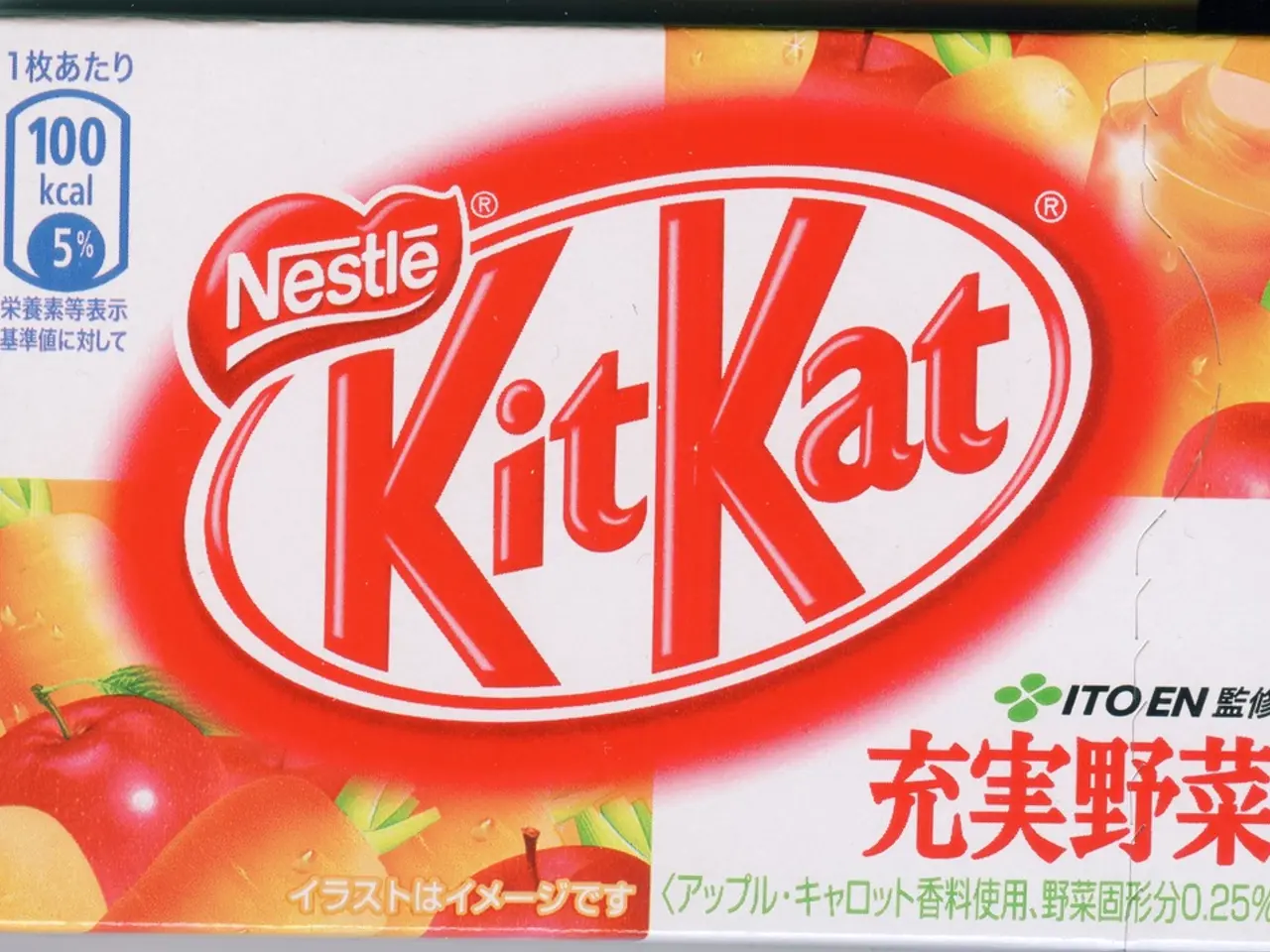Food intake is meant to alleviate physical needs - not to serve as a means to cope with emotional distress.
Preparing for a Triathlon: A Comprehensive Nutritional Guide for Beginners
For those embarking on their first triathlon, understanding the importance of nutrition is crucial. Here's a breakdown of the recommended nutritional approach to ensure a successful race day.
Carbohydrates
Endurance sports require a substantial amount of energy, and carbohydrates are the primary fuel source. A high-carbohydrate meal, ideally low in fiber and easy to digest, approximately 2.5 to 3 hours before the race is recommended to top off glycogen stores and provide sustained energy. Examples include white toast with honey, oatmeal with banana and maple syrup, or a plain bagel.
Protein
Protein plays a vital role in maintaining muscle, but its importance lies more in post-race recovery than pre-race fueling. Keep protein intake light before the race to avoid slowing digestion or causing stomach heaviness. A small amount, such as a smear of nut butter or a boiled egg, is sufficient.
Timing of Eating
Eating the main breakfast about 2.5 to 3 hours before race start allows for digestion and reduces gastrointestinal upset during exercise. About an hour before, a light snack like an energy bar or small coffee may be consumed if tolerated. Within 30 minutes prior to the start, consuming a sports gel plus a sip of water can provide a final carbohydrate boost.
Hydration
Proper hydration is essential for optimal performance. Start hydration upon waking with 500–600 mL of water or electrolyte drink, and sip additional 250–300 mL 30–60 minutes before the swim. During the race, aim for 20–28 oz of fluids per hour (adjust based on sweat rate), with supplemental salt or electrolyte tabs if cramping or heavy sweating occur.
This approach balances fueling to maximize energy availability while minimizing gastrointestinal issues, setting a consistent pre-race routine that should be tested during training to find what best suits the individual athlete.
| Nutritional Aspect | Recommendation | |---------------------|-----------------------------------------------| | Carbohydrates | High carb, low-fiber breakfast 2.5–3 hrs before start (e.g., oatmeal, bagel) | | Protein | Small amounts pre-race, focus more on post-race recovery | | Timing | Main meal 2.5–3 hrs before; light snack 1 hr before; gel + water 30 min before | | Hydration | 500–600 mL fluid upon waking; 250–300 mL 30–60 min before; electrolytes if hot; 20–28 oz/hour during race |
This structured nutritional plan aligns with best practices to sustain energy during triathlon and mitigate common fueling problems experienced by beginners. Happy training, and good luck on race day!
[1] Heydenreich, Professor (September participant). [2] Triathlon Nutrition Guide for Beginners. (n.d.). Retrieved from https://www.triathlon.org/nutrition-guide-for-beginners/
- Science plays a significant role in understanding the best nutritional approach for triathlon beginners, ensuring sustained energy and minimizing gastrointestinal issues.
- A well-balanced health-and-wellness routine, including fitness-and-exercise, nutrition, and sports, is crucial for preparation and success in a triathlon.
- Post-race recovery is as essential as pre-race fueling, as protein is vital for maintaining muscle growth and repair.




